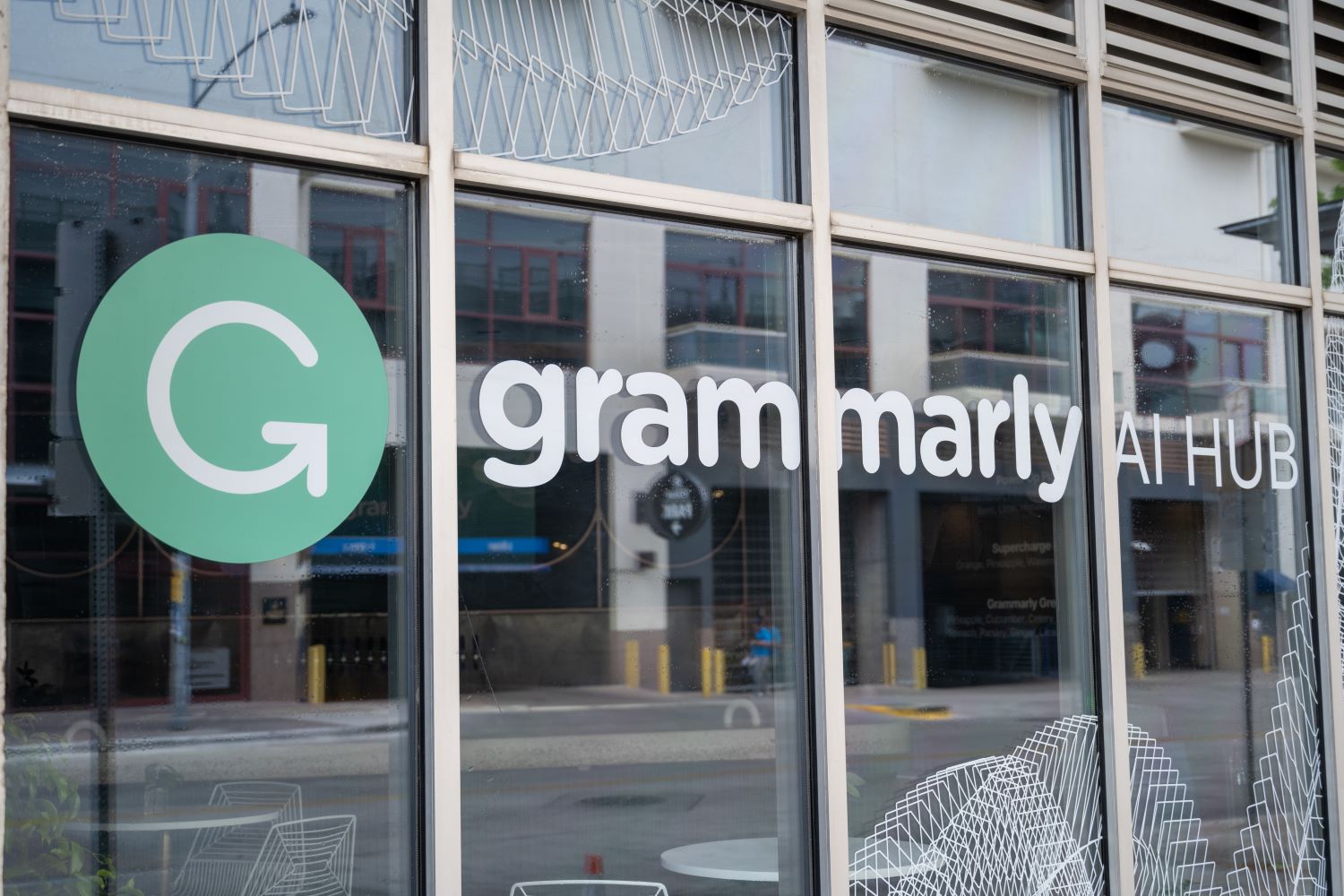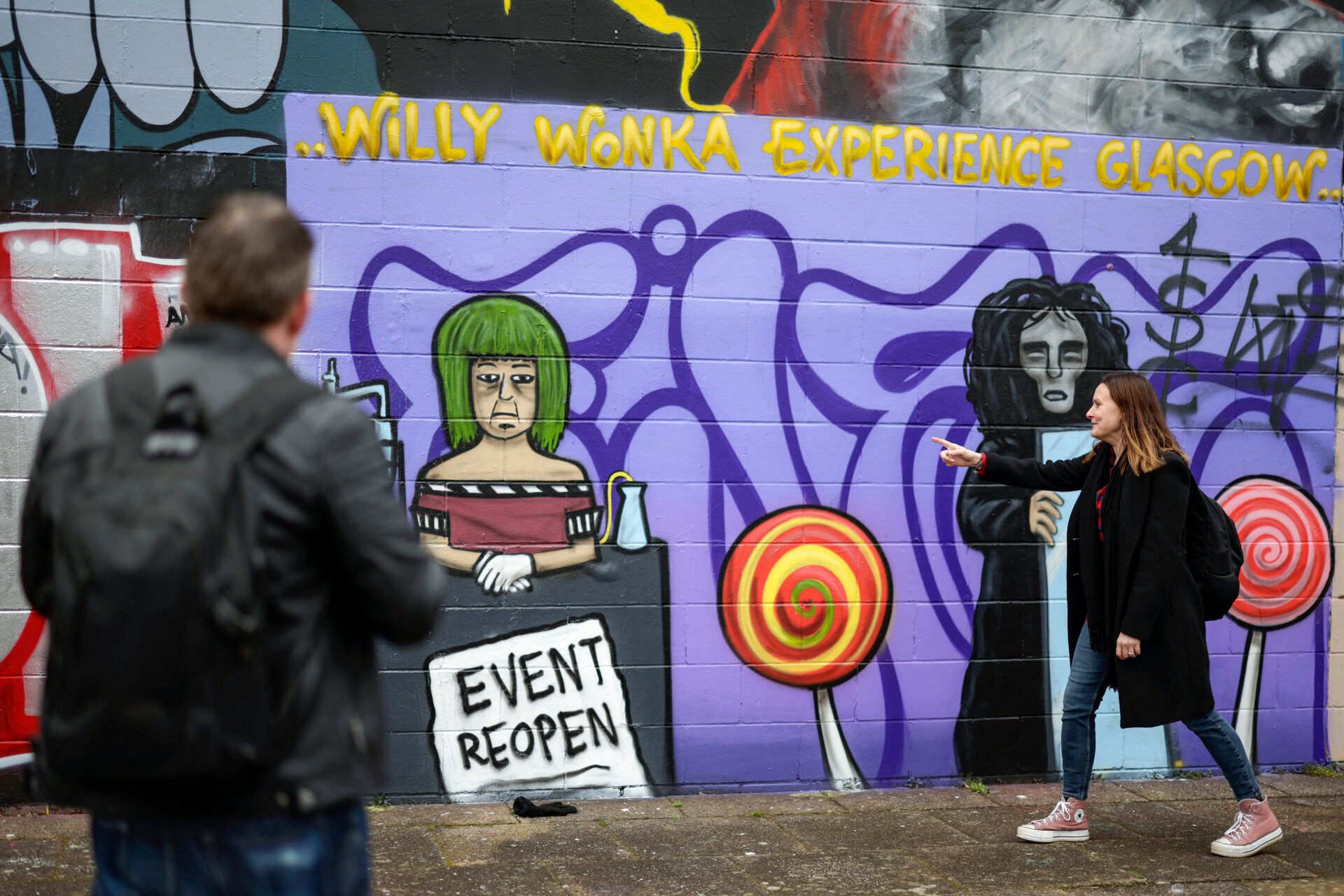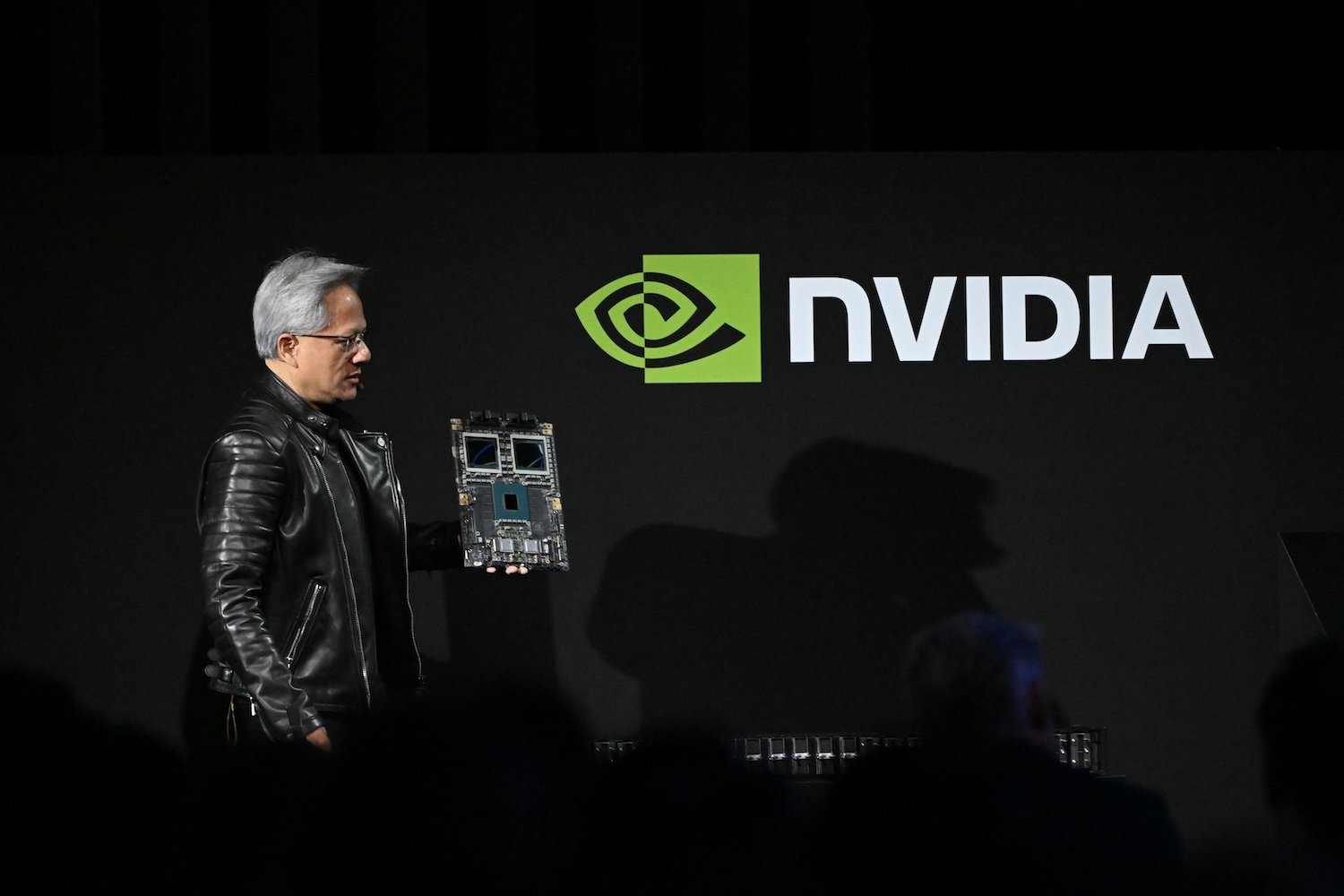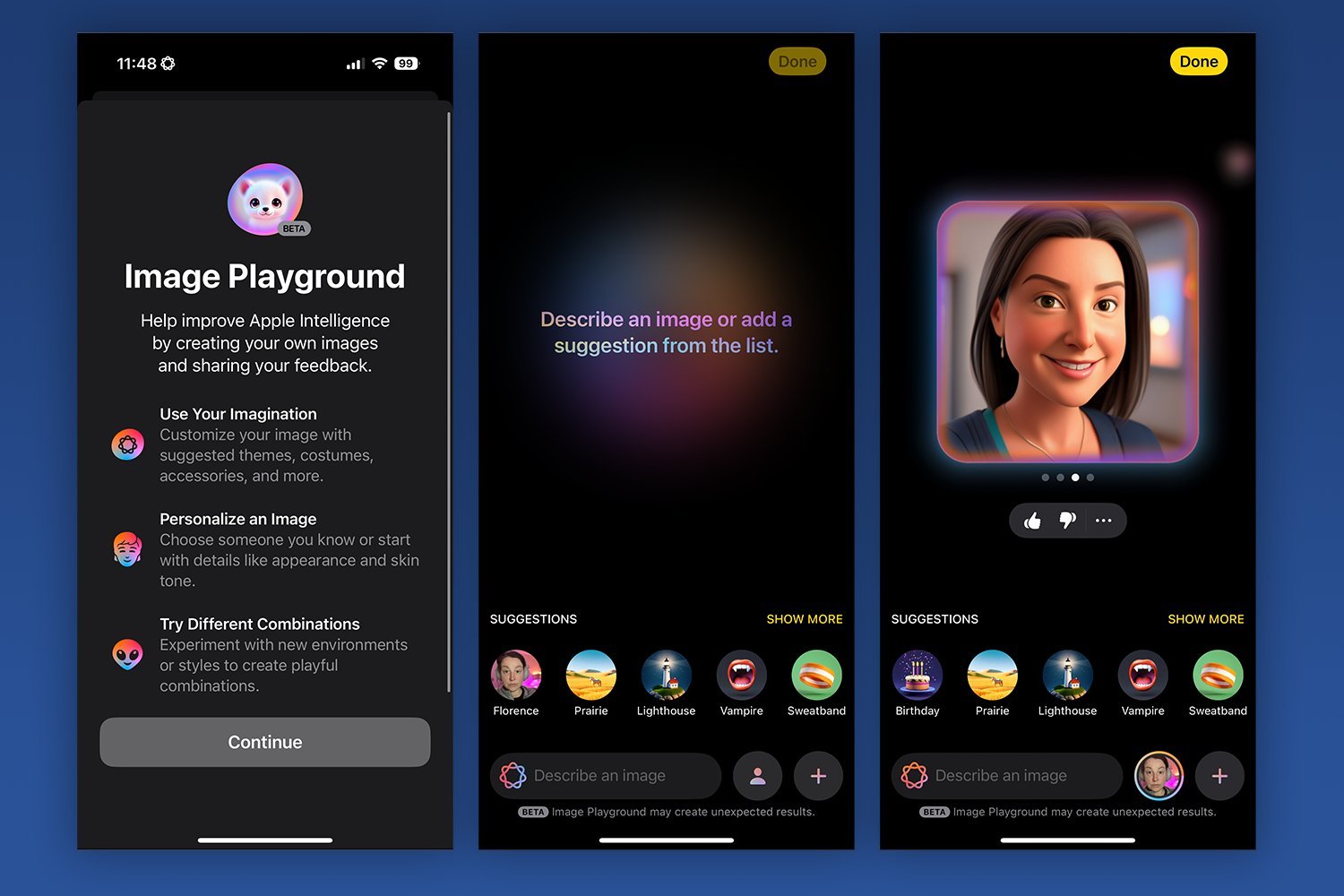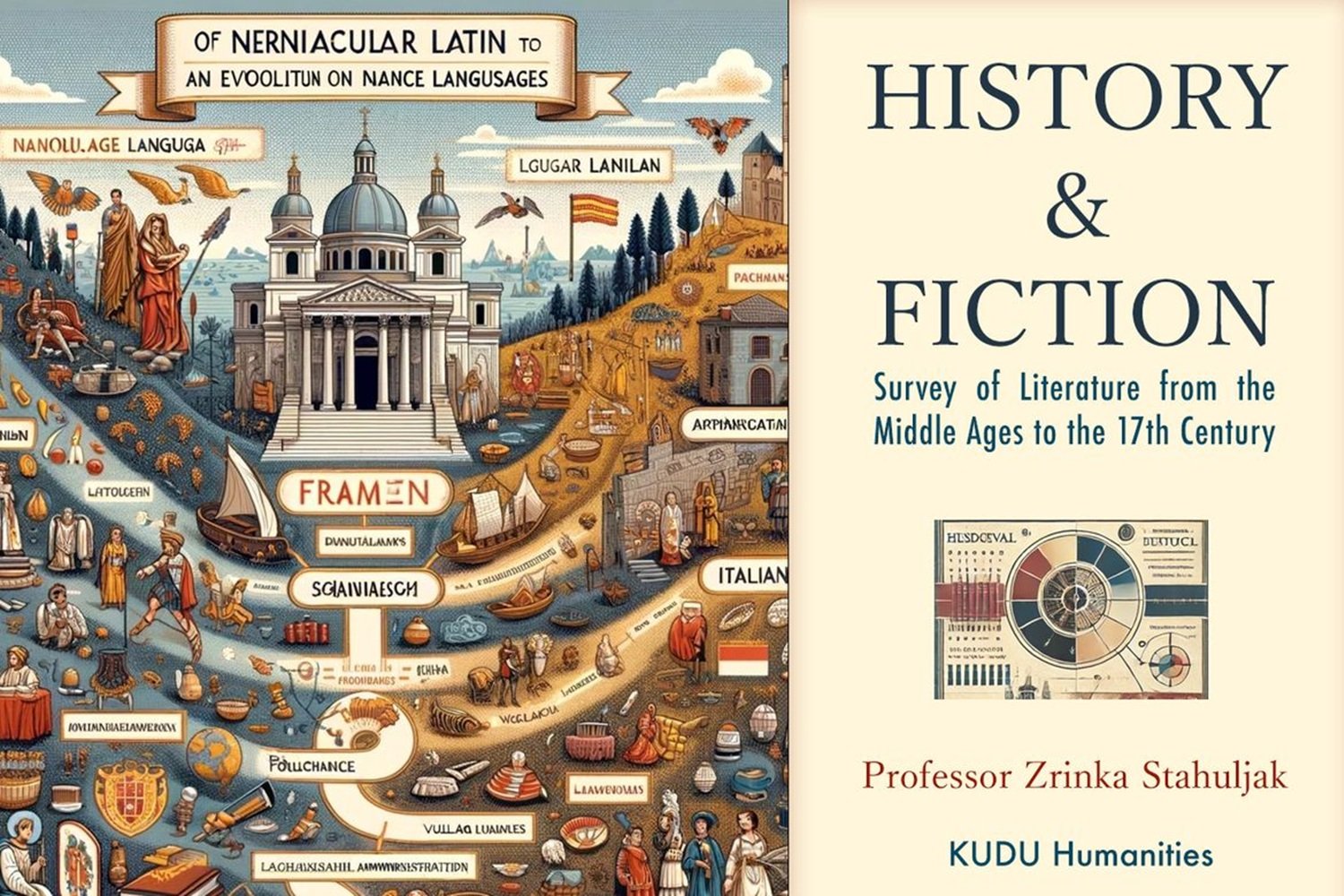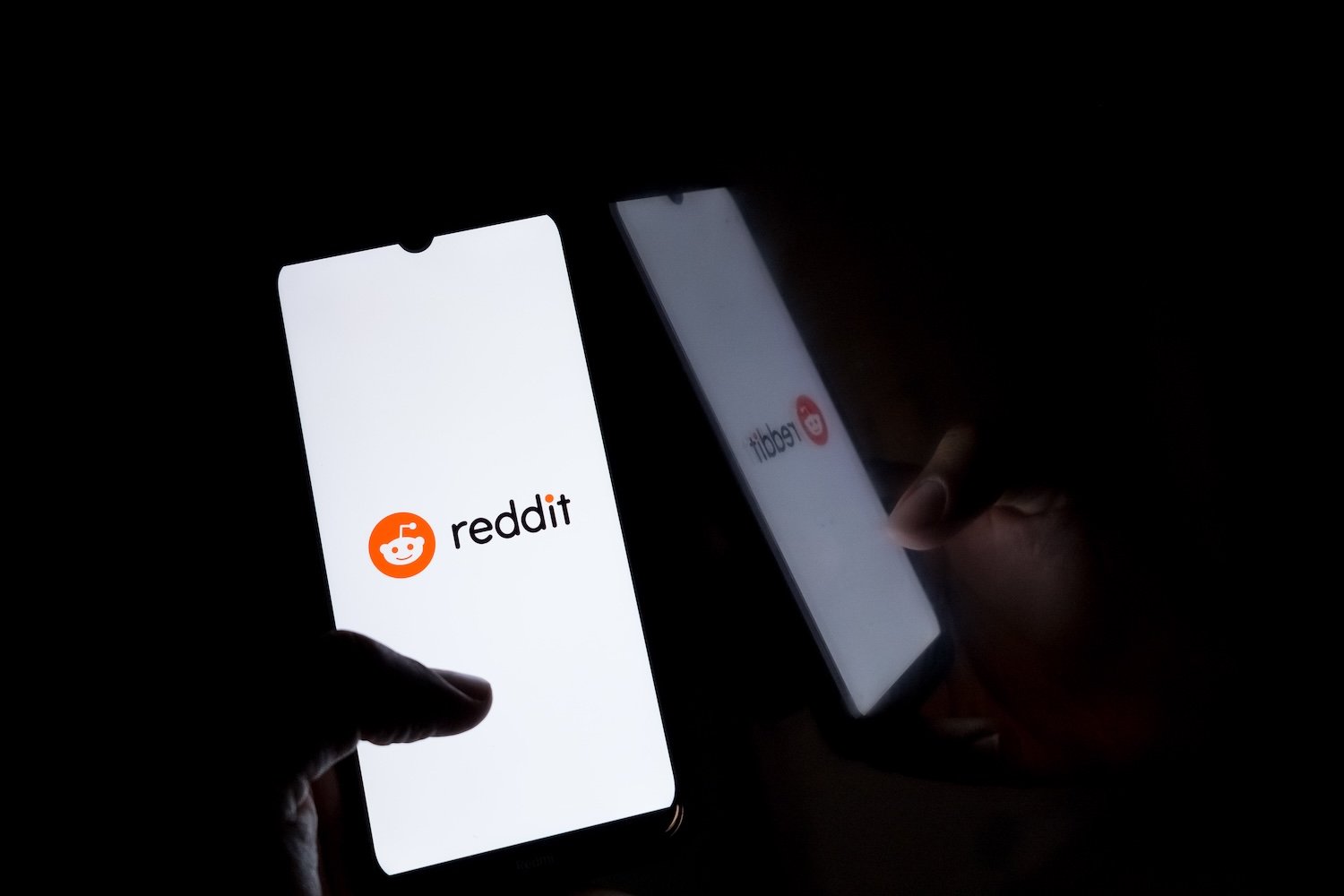The use of generative AI in education continues to spark debate, with a recent court case in Massachusetts highlighting the complexities involved. A federal judge ruled that Hingham High School likely acted within its rights when disciplining a student who used AI to complete an assignment. This case sheds light on the ongoing struggle to define academic integrity in the age of artificial intelligence.
The student’s parents, Jennifer and Dale Harris, filed a lawsuit against the town of Hingham’s school committee, claiming the school’s academic dishonesty policies lacked specific language prohibiting AI use. They sought a preliminary injunction to expunge the detention from their son’s record and raise his A.P. History grade from a C-plus to a B. However, Judge Paul Levenson denied their request.
Levenson’s order emphasized that the school officials’ conclusion of cheating seemed justified. The imposed consequences were also deemed reasonable within the school’s discretion. Another student involved in the project and similarly disciplined did not pursue legal action.
Evidence suggests the students didn’t merely use AI for research or source identification. Instead, they apparently copied and pasted text generated by Grammarly.com, including citations for fictitious books—a known AI quirk—like one attributed to “Jane Doe.”
The Harrises alleged the school pursued a “pervasive, destructive and merciless path” that jeopardized their son’s future and “exemplary record,” harming his chances of admission to prestigious universities like Stanford.
However, Judge Levenson noted “no dispute” that the school provided the Harrises ample opportunity to voice their concerns before the lawsuit. He found no evidence of misconduct by school authorities.
Furthermore, Levenson highlighted the A.P. English Language teacher’s proactive approach. During the first week of class, she provided a lesson on academic integrity and AI use expectations, along with a document explicitly instructing students against unauthorized AI usage and copying/pasting text blocks.
While the preliminary injunction was denied, the Harrises’ lawsuit against the Hingham school committee is still ongoing, leaving the larger questions surrounding AI and academic integrity unresolved.



